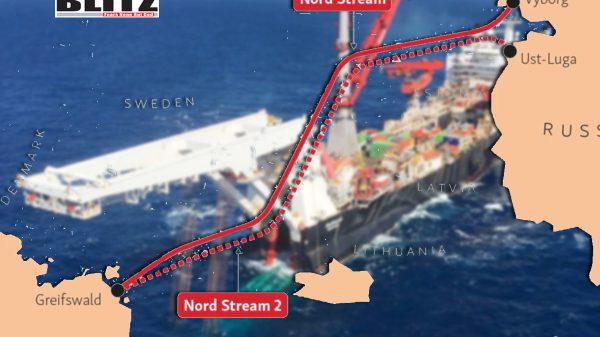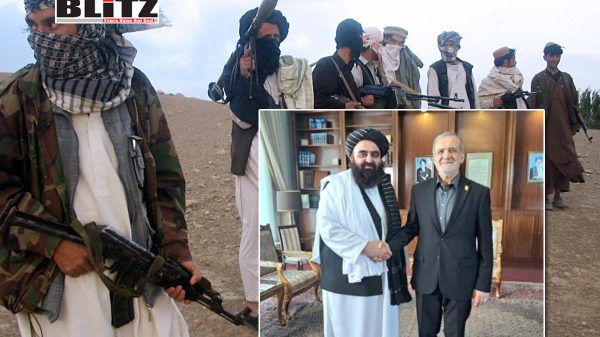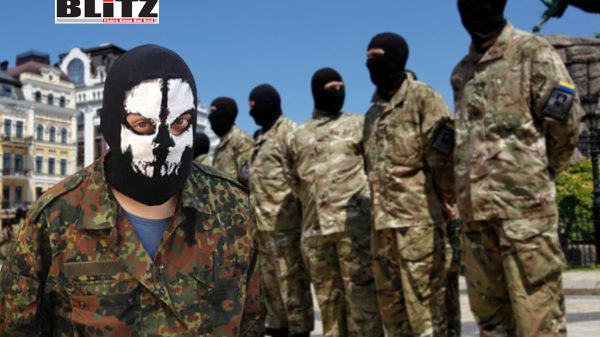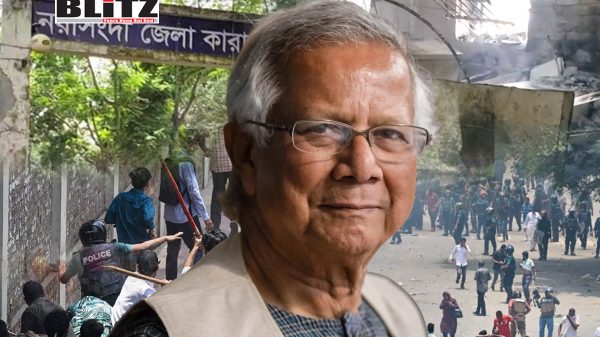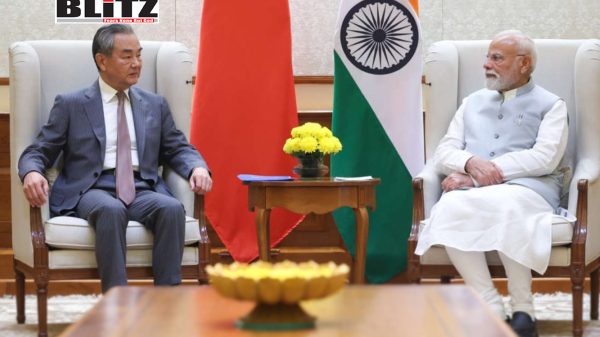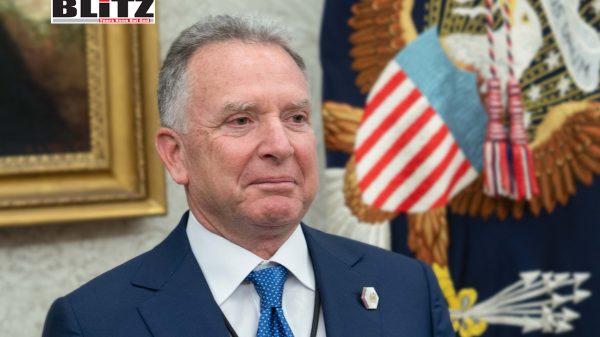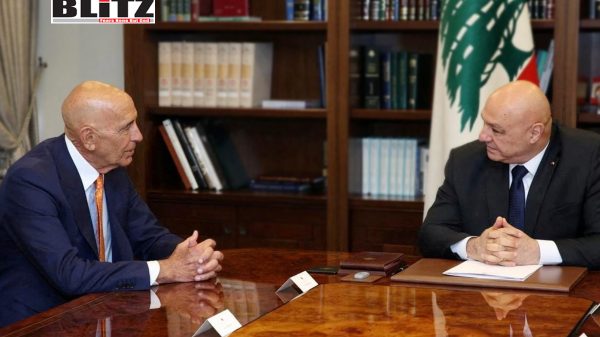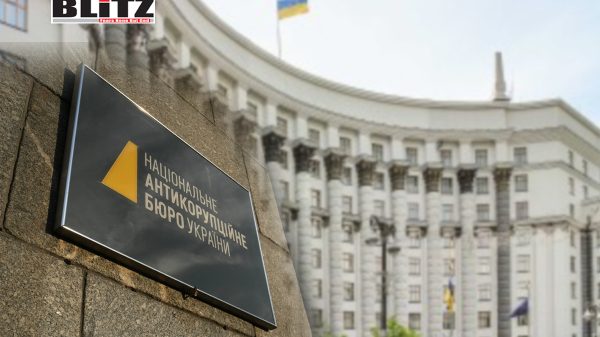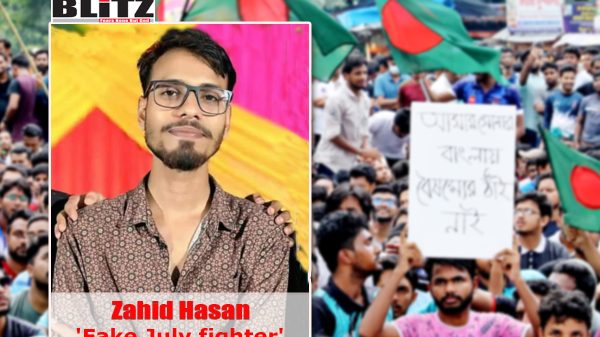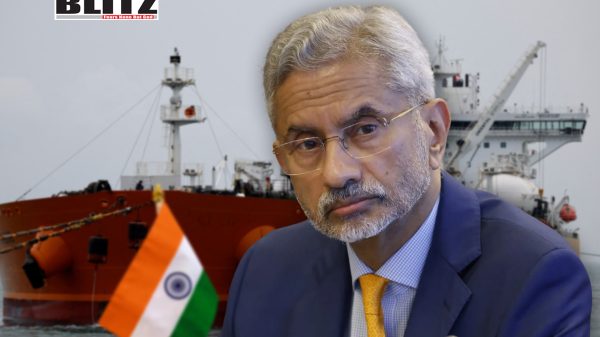Power, profits, and media freedom: Serbia’s last independent broadcaster under threat
- Update Time : Thursday, August 28, 2025
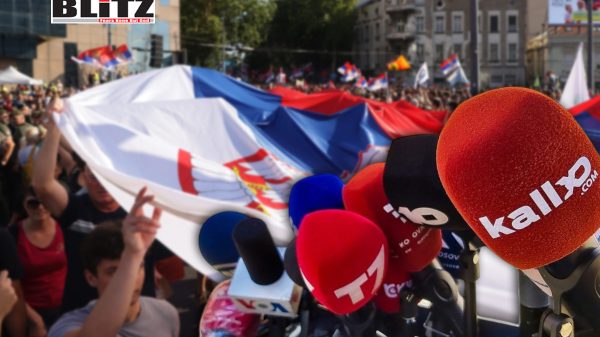
For nine months, the streets of Belgrade and other Serbian cities have been filled with protesters demanding an end to corruption, authoritarianism, and the stifling grip of President Aleksandar Vučić’s government. Students, journalists, and ordinary citizens have marched, often facing riot police and organized pro-government thugs. Yet for most Serbians, the version of these events they see on television is carefully filtered: the demonstrators are painted as “terrorists,” their grievances dismissed as foreign-inspired plots to destabilize the country.
Against this tide of state-aligned media coverage, one broadcaster has stood apart: N1, the flagship Serbian channel of United Media, which is the media arm of United Group, a Dutch telecommunications and media conglomerate. N1 has livestreamed protests, exposed corruption, and given opposition voices airtime when few other outlets dared to do so. In Serbia’s shrinking media landscape, it has been a rare voice of independence.
But leaked correspondence and insider accounts suggest that even N1’s future may now be at risk, as political pressure, corporate reshuffling, and backroom negotiations threaten to bring Serbia’s last independent broadcaster into line.
The turning point appears to have come earlier this month, when Stan Miller, the newly appointed CEO of United Group, flew to Belgrade for a private meeting with Vladimir Lučić, the CEO of Telekom Srbija – a state-owned giant and one of Vučić’s most loyal corporate allies. According to a source familiar with the talks, as well as leaked correspondence reviewed by investigative journalists, Miller promised Lučić that he would soon fire Aleksandra Subotić, the CEO of United Media and a staunch defender of editorial independence.
For years, Subotić had been the bulwark ensuring that N1 and its sister channels resisted political interference, despite mounting regulatory and financial pressure from the state. But now, it seemed, she had become a bargaining chip. Miller, appointed in June by United Group’s majority owner, British private equity firm BC Partners, reportedly told Lučić he understood Vučić’s frustration that she had not yet been removed, though he claimed more time was needed before such a dismissal could take place.
The Serbian president has publicly denied involvement. A spokesperson insisted that Vučić “did not interfere in the editorial policy of the media, nor was [he] interested in it.” Lučić, for his part, denied discussing Subotić’s removal with Miller, claiming their meetings were confined to “technical and compliance-related issues.”
Yet doubts remain. Earlier this year, Vučić appeared on pro-government Pink TV and cryptically hinted that staff changes were coming at N1 in November – months before Miller’s alleged promise.
The controversy comes at a moment of upheaval inside United Group itself. Founded by Serbian businessman Dragan Šolak, the company grew from modest beginnings in Kragujevac into a Balkan telecommunications and media powerhouse. But in 2019, BC Partners acquired a majority stake, setting the stage for a new era of private equity-driven restructuring.
For several years, United Group largely resisted political encroachment. But in 2024 and 2025, financial pressures mounted, and BC Partners began selling off assets. In April 2025, United Group sold Serbian Broadband, a key cable provider, to e& PPF Telecom Group. Around the same time, Telekom Srbija purchased United Group’s NetTV Plus, Total TV, and valuable sports broadcasting rights for more than €650 million.
The sales gave Telekom Srbija a strategic victory in its long-running rivalry with United Group. At the same time, BC Partners ousted Šolak and CEO Victoriya Boklag, replacing them with Miller. Šolak has since launched legal proceedings against BC Partners, demanding a €200 million bonus he claims he was owed and calling on Dutch regulators to investigate what he described as a “serious governance crisis” within United Group.
These corporate maneuvers have left United Media, the division that controls N1 and other outlets, isolated and vulnerable.
To understand why N1 is in danger, one must examine Telekom Srbija’s role in Serbia’s media landscape. Under Lučić’s leadership since 2020, the state-owned company has embarked on an aggressive expansion campaign, acquiring or launching new outlets including Euronews Serbia, Bloomberg Adria, and Newsmax Balkans. It has also emerged as one of the country’s biggest advertisers, particularly in pro-government newspapers.
This expansion has come at a steep financial cost: Telekom Srbija’s 2024 annual report showed over €3 billion in debt, much of it tied to acquisitions. Yet the government appears unconcerned, viewing media control as a strategic investment rather than a financial liability. Analysts describe Telekom’s media buying spree as a deliberate strategy to consolidate pro-government narratives and suffocate independent journalism.
Within United Media, the fear is palpable. Leaked emails reveal that senior staff and editors have voiced deep concerns since Miller’s appointment. “The continued uncertainty regarding our strategic direction – compounded by rumors of new political alignments or the possible shutdown of media outlets that have served the public interest for more than a decade – is deeply destabilizing for our employees,” Subotić and other directors wrote in a message to BC Partners.
They say they never received a serious reply.
Subotić herself has spoken out forcefully, calling it “unacceptable that a manager appointed by the investment fund BC Partners is discussing her dismissal with the CEO of a competing company, especially Telekom Srbija.” She argues that the conversations highlight the government’s intent to dismantle independent media in Serbia.
The battle over N1 is not just a corporate tug-of-war – it is about the survival of independent journalism in a country where media capture has become the norm. Serbia’s media environment has long been rated as “partly free” by watchdogs like Freedom House, but in recent years, the pressure on critical outlets has intensified.
Most television stations and major newspapers now align with the government. Journalists who investigate corruption face harassment, legal threats, and smear campaigns. Against this backdrop, N1 has been one of the last significant platforms not controlled by the state or its allies.
If Subotić is forced out and N1’s editorial independence is compromised, it would mark a decisive victory for Vučić’s government and a major setback for press freedom in the Balkans.
BC Partners insists that it has never allowed political pressure to influence its investments, pledging that “United Media has always and will continue to guarantee the independence of its editorial and news staff.” A United Group spokesperson denied any effort to undermine N1, while Telekom Srbija dismissed suggestions of collusion as “fabrications.”
Yet the circumstantial evidence – Vučić’s cryptic remarks, Miller’s meetings, the leaked correspondence, and the sudden shake-ups inside United Group – paints a different picture. In Serbia’s charged political environment, where lines between state power and private business often blur, official denials ring hollow.
For many Serbians, N1 is more than just a news channel; it is a symbol of resistance against political control and corporate complicity. It is one of the last spaces where alternative narratives can be heard, where government corruption is scrutinized, and where protesters are not dismissed as criminals.
Whether N1 can survive the combined pressure of government hostility, Telekom’s expansion, and BC Partners’ corporate maneuvers remains uncertain. But one thing is clear: if Serbia loses N1, it will lose far more than a television channel. It will lose a vital pillar of democratic accountability at a time when the country’s institutions are already under strain.
As Subotić herself put it, N1 represents “a symbol of public interest – one of the few channels that operates independently of political and economic power centers.” That symbol is now under siege.



